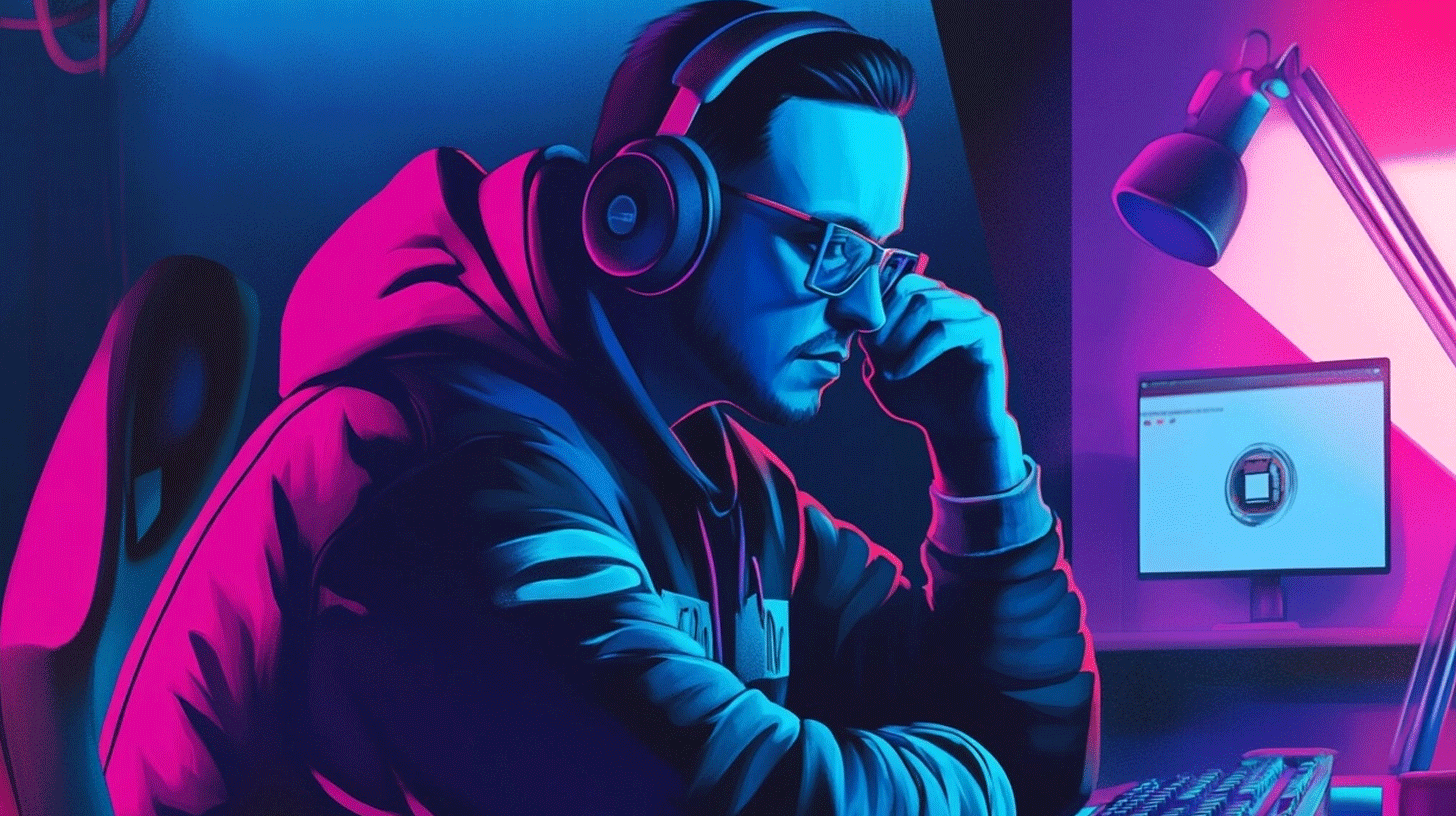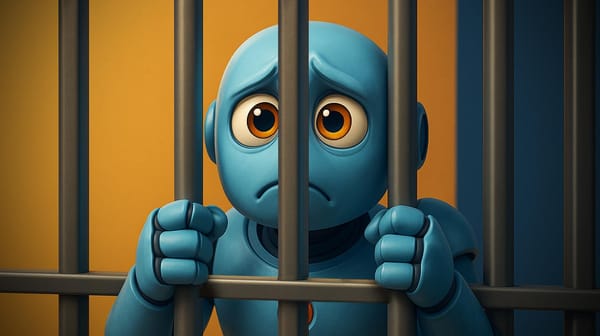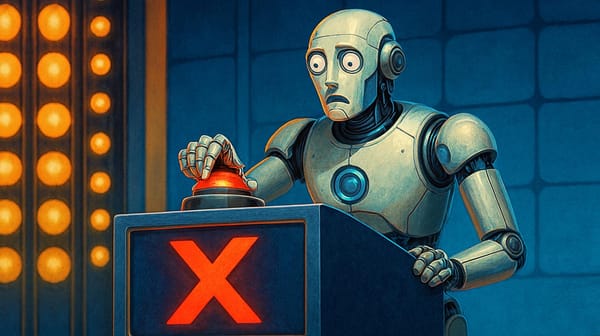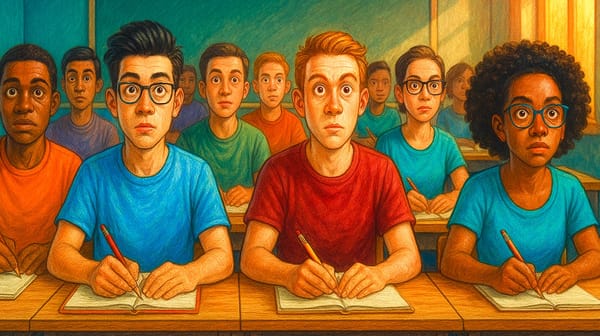One Podcast Episode Creatives Can't Afford to Miss
Adobe’s Scott Belsky offers a sobering glimpse into the future of AI and creative work.

Of all the tech podcasts I listen to each week—and trust me, there's no shortage—the a16z podcast consistently tops my list. Why? Because it explores topics you simply don't find anywhere else. And features guests whose insights genuinely elevate my thinking. A recent episode, "Creativity vs Control: Where AI Fits in the Creative Toolbox," featured Scott Belsky, founder of Behance and Chief Strategy Officer at Adobe. It didn’t just resonate with me personally as someone who’s always viewed myself as a creative at heart; it immediately felt essential—in a way that compelled me to share it with every creative professional I know.
Now, you've probably heard the reassuring mantra countless times: "AI won't replace human creativity." It's everywhere—a comforting pep talk given to nervous graphic designers, writers, videographers, and art directors as AI-generated content floods our screens and social media feeds.
It's comforting to hear. But it isn't useful. In fact, it's a dangerous distraction.
This conversation on "Creativity vs Control" goes well beyond generic assurances, unpacking in meticulous detail exactly why creatives must radically rethink their roles. It's less motivational platitude, more strategic reality check. And that's precisely why it's essential listening.
Belsky argues something crucial—and perhaps counterintuitive: In the age of AI, professional creatives aren't becoming obsolete; they're becoming more valuable. But not for the reasons most of us assume. It’s not about vague human qualities; rather, it’s about mastering something specific that AI can't replicate—taste.
And "taste," according to Belsky, isn't just an innate, mysterious gift. It's a discipline that copywriters, designers, and other creatives can and should actively cultivate. Consider video editing: AI can select clips, add captions, or even compose background music. But the subtle timing of a cut, the emotional punch of a carefully chosen moment—that nuance requires human intuition. That's taste.
Belsky further describes the transition we're undergoing as moving from the "prompt era"—where AI simply generates based on basic user inputs—to the "controls era," where creatives will guide, shape, and refine AI-generated material with precision. This shift means creatives will exact a level of granular control over outputs that isn't possible today. He even shares intriguing predictions about how creative tools and user interfaces will evolve in this new paradigm. In essence, combining the all speed and efficiency of AI with all the nuance of human taste.
The conversation continues with an eye-opening perspective on the repeating theme of scarcity. Historically, whenever a skill or product becomes widely accessible—think about how smartphones democratized photography—people instinctively seek out what's rare, exceptional, and human-crafted. It's equally true with art, literature, fashion, entertainment. As AI-generated graphics and automated copywriting become commonplace, extraordinary creative judgment, emotional storytelling, and unique perspectives—the "tasteful" content—will become more valuable. It's inevitable.
Take branding as an example. AI can generate endless logo variations, but discerning graphic designers understand the subtleties of symbolism and visual vocabulary that resonate with a specific audience. Similarly, the best writers grasp narrative nuance in ways pattern-driven AI simply can't match.
This isn’t just theory—it's strategic advice for every marketing creative out there. Embrace AI aggressively for routine tasks. Let it handle production-level content generation, repetitive graphic layouts, or basic copy editing. But dedicate your energy to the intangibles. Your carefully cultivated taste. Your original perspective. Your emotional intelligence.
Listening to this episode didn’t just reassure me; it challenged me. It made clear that the future doesn't belong to creatives because we're human; it belongs to those of us willing to consciously, deliberately hone the uniquely human skill of taste—and prepare for a world in which it will be scarce.
If you're a marketing creative serious about thriving—not just surviving—in an AI-first future, you don't need another comforting pep talk. You need a powerful, actionable strategy to guide the next chapter of your career. My advice? Grab your earbuds and listen to this conversation today.





